After 102 years, Joe Biden pardoned Marcus Garvey for his unjust conviction in 1923. Supporters wonder what's next.
The last time Dr. Julius Winston Garvey saw his father, Marcus, was in London in 1938, when he was just five years old. Dr. Garvey remembers glimpses of his life with him, like their trips for ice cream or the times his dad looked on as he ran through the backyard of their flat, throwing snowballs at his older brother. “I remember him very kindly; taking me to the movies and watching my brother and I play,” Dr. Garvey tells Rolling Stone. It was the Great Depression and the family had been living in London after Marcus Garvey — the prominent 20th century Black Nationalist — was convicted of one count of mail fraud, which forced him to leave the U.S. in 1923. Soon, Julius and his brother would move back to Jamaica with their mother, Amy Jaques Garvey, while Marcus stayed in London, promoting Garveyism — the philosophy which aimed for economic liberation for African societies, allowing them to “thrive outside of and resistant to European power” — an ethos that would influence the Civil Rights Movement and its leaders of the 1960s. In 1940, when Dr. Garvey was seven, his father, then just 52, died from a stroke. Yet those who have worked tirelessly for decades to prove his innocence and unlawful deportation from the United States, blame the political smearing of his work as the culprit.
Now, 102 years later, the United States has deemed it fit to right their wrong. On Joe Biden’s last day of presidency, he granted clemency to Marcus Garvey Sr. as part of a spate of dozens of pardons. “Advocates and lawmakers praise [Marcus Garvey’s] global advocacy and impact, and highlight the injustice underlying his criminal conviction.” (The link has already been removed by the Trump administration.) “We’re very happy that President Biden was able to do the posthumous pardon,” says Dr. Garvey, 91, who has been working on his father’s pardoning since 1987 and recently released the book Justice For Marcus Garvey: Look For Me in the Whirlwind. For nearly 40 years, Dr. Garvey, a retired Chief Surgeon, has been trying to prove his father’s innocence and restore his image and philosophy in the U.S. “We tried to get him pardoned when we had the first Black president in 2016 with Obama. We presented the resolution from my law firm but they ignored it,” says Dr. Garvey. “It’s exciting because it’s one of the ways that we can rehabilitate my father’s name against the slander of a criminal conviction.”
Editor’s picks
On social media, some familiar with his teachings are celebrating, while others see the pardon as too little, way too late. Shomari Davis, 30, went viral on Tiktok for his positive reaction to the news. “Biden just pardoned Marcus Garvey, bro! On his last day of office,” he said. “Like how much more OG can you be? Shout out to Biden, man.” Davis has a little over 3,000 followers, but his video reached 1.3 million viewers and generated over 200,000 likes with thousands of comments. “I barely post on Tik Tok, so I didn’t expect it to be this big,” Davis tells Rolling Stone. “Knowing the history of Garvey and what he stood for just inspired me and I thought I should share that with the Black community. The pardon is more than symbolism, it’s telling us to take control of our own futures.”
Yet others aren’t as optimistic and feel that the pardon is an insult to followers of Garvey who knew the truth all along. “For me, the pardoning was a symbolic move to say we’ve done something for a Black or Caribbean person,” says Marcus Burke, a Jamaican TikToker with over 30,000 followers, who was named after Garvey. In response to the pardon, Burke posted his views on the app: “U.S. Government have decided to pardon the one named Marcus Mosiah Garvey, although I do appreciate their goodwill gesture, what I will say is I would appreciate if the people dem would be honest and forthcoming as to why they’d throw him in prison, criminalize him and deport him back to Jamaica in the first place.”
Although he supports the Biden administration, Burke, who has residency in both England and Jamaica, is critical of how long it has taken the United States to acknowledge Garvey’s contributions to American history. “This is a pattern that a lot of Caribbean people can speak to where members of our history do fantastic things but seem to go through some kind of transformation or erasure in America,” says Burke. “Jamaicans have been honoring him for half a century now, he’s one of our five national heroes and he’s on our 50 dollar note. I don’t speak for all Jamaicans but a lot of people have been very annoyed by the fact that he’s even been considered to be pardoned in the first place,” says Burke. “As if there should be some kind of gratitude, it’s like ‘Who the hell is the U.S. to pardon Marcus Garvey?.” And while the Garvey family shares similar sentiments that the celebration and correction of Marcus Garvey’s criminal framing is long overdue, they see the pardon as a necessary beginning. “It’s symbolic but it’s also justification,” says Dr. Garvey.
Related Content
Marcus Garvey was born in Jamaica in 1882, 53 years after the abolishment of slavery in the country. Garvey’s father had been a part of the 1865 rebellion of Jamaicans who revolted against British imperial rule. Hearing these stories of resistance, Garvey was inspired to formulate the Universal Negro Improvement Assopciation (UNIA) in 1914, based in Kingston and later expanded its headquarters to New York, where he immigrated in 1916. Its goals were to create a system amongst those within the African diaspora to formulate their own economy and social system that needed neither the approval nor interference of European colonizers.
“He was an anti-colonial leader,” says Junstin Hansford, a Howard University law professor, author and one of the many attorneys, congressmen, and activists who helped the Garvey family in accomplishing Sunday’s judicial pardon. “A hundred years ago, every country in Africa was under colonial rule except for Ethiopia. He was telling Black people that you need to have your own leadership, your own Black presidents, secretary of state, and your own Black economy.”
As a means to practice what he preached, Garvey founded the Black Star Line (BSL) shipping company in 1919, based in Harlem. His steamboats, some of which were abandoned war ships from World War I, acted as a transportation system for goods and Black people who wanted to travel between the Caribbean, Central America and Africa. “The shipping industry was successful in that time and almost anybody could get a ship,” says Hansford. “The ships weren’t just shipping vessels, they were about people having the opportunity to see Africa and not having to go through a segregated shipping company, you had your own Black owned.” In today’s world, it would have been equivalent to a Black owned airline — Soul Plane but for real life. “He created these ships as the Great Depression was kicking off, so the company began failing economically but also they were sabotaged,” says Hansford.
Like any business, Garvey’s shipping investment made its fair deal of mistakes. However, the government labeling him a “notorious negro agitator” would ultimately unravel his efforts. Garvey hired Captain Joshua Cockburn, a Black sailor who passed as white, to do some of his business exchanges. Cockburn entered business agreements with companies like Harriss, Magill & Co. to purchase ships for Garvey for well over $100,000, despite knowing of their debilitated conditions. Not only were the ships worth less than half of what he had Garvey pay, but he later admitted to splitting the difference of the exchange amongst other crew members. He would sue Garvey for $6,000 in 1920. And despite Garvey’s pro-Black mission, it was hard to secure an all-Black crew, forcing Garvey to hire white crewmen for positions like Chief Officer and Chief Engineer. According to academic papers, in letters to Garvey, Cockburn blamed them for causing trouble on the voyages despite evidence of his own faulty practices.
On one voyage, a boiler blew up killing a crew member. On another, a ship caught a leak and sank. As a result, Garvey’s company lost around $1.5 million in the 1920s and with some of his investors already emptying their accounts, there was nothing left to give and the BSL went bankrupt. It also didn’t help that he was in public disputes with some of the Black elite in the U.S., such as the renowned intellectual W.E.B. Dubois, who was critical of Garvey’s separtist “Do for Self” movement, because he believed in integration. Garvey and his shipping company were now being investigated by the FBI under the presiding eye of J. Edgar Hoover, which would lead to his conviction of mail fraud and a sentence of five years in prison. Garvey would only serve two of those years after being commuted by President Calvin Coolidge, but he was deported back to Jamaica.
James ‘Jack’ Wormley Jones made history as the first Black FBI agent in the United States and was handpicked to infiltrate Garvey’s shipping company. “We have 10 volumes of FBI records of all Garvey papers,” says Hansford. “There’s more information about Garvey than any other Black leader in the 20th century, because the FBI had infiltrated his organization so much. You had government interference, the Great Depression, and racism because white companies were not trying to use a Black shipping company. So, yes, the company failed but the idea of mail fraud couldn’t be legally supported.” And yet it was the grounds of his conviction, imprisonment, and deportation. For over 100 years, Garvey was listed a felon, tarnishing his reputation in the United States.
Pardons are typically given to provide relief to those from having a criminal punishment and or record, but Garvey supporters still feel the pardon isn’t technical enough and prefer exoneration. “We are trying to prove he’s innocent,” says Hansford. “But there’s nothing in the law that says ‘you’re exonerated’ so it’s an abstract concept.” Politicians like Jamaica’s Parliament Member Olivia Grange, are still pushing for a change in America’s policy that will allow the United States to grant full exonerations as necessary.
Moving forward, the Garvey family and their supporters hope to aid in the build up of the Black community worldwide, standing on the messaging for liberation Garvey stood for, which influenced Dr. Martin Luther King and Malcom X’s ethics. As a starting point, Dr. Garvey launched the Marcus Garvey Institute For Human Development, a digital platform where viewers can get information on his father’s legacy and philosophy. “We intend on reigniting Marcus Garvey’s vision,” says Justin Moore, one of the attorneys who met with Joe Biden on Garvey’s behalf to push for the pardon and who is on the Board of Directors for the Institute. “We have partnerships with Morehouse College, Howard University, and the Center for Global Africa, who were instrumental in putting together the exoneration packet that I submitted to President Joe Biden. This institute is for educational purposes but to also build economies of scale,” says Moore.
“It’s a step in the right direction in terms of social justice movements,” says Dr. Garvey. “It energizes human rights groups to not give up.”

 3 hours ago
2
3 hours ago
2
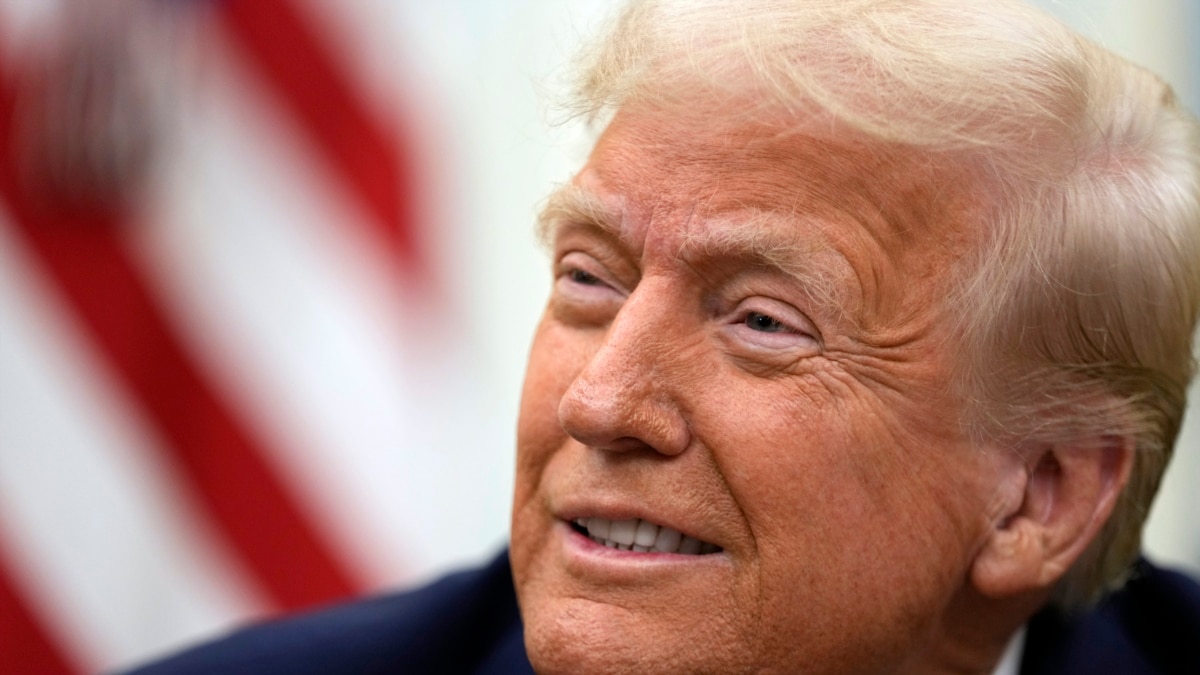
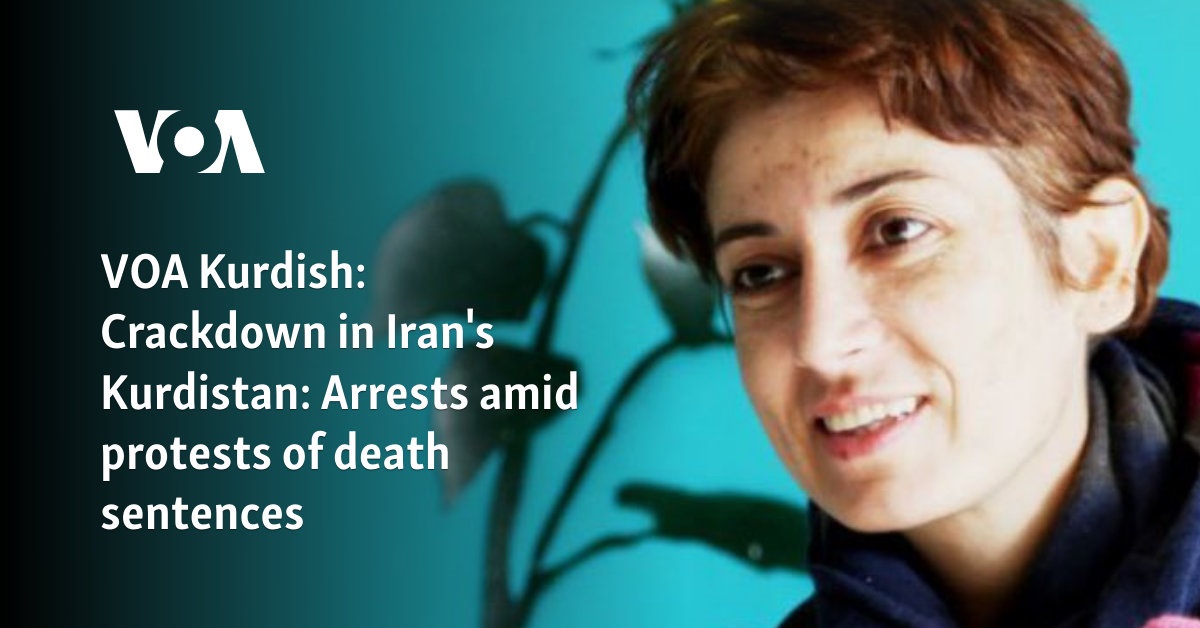


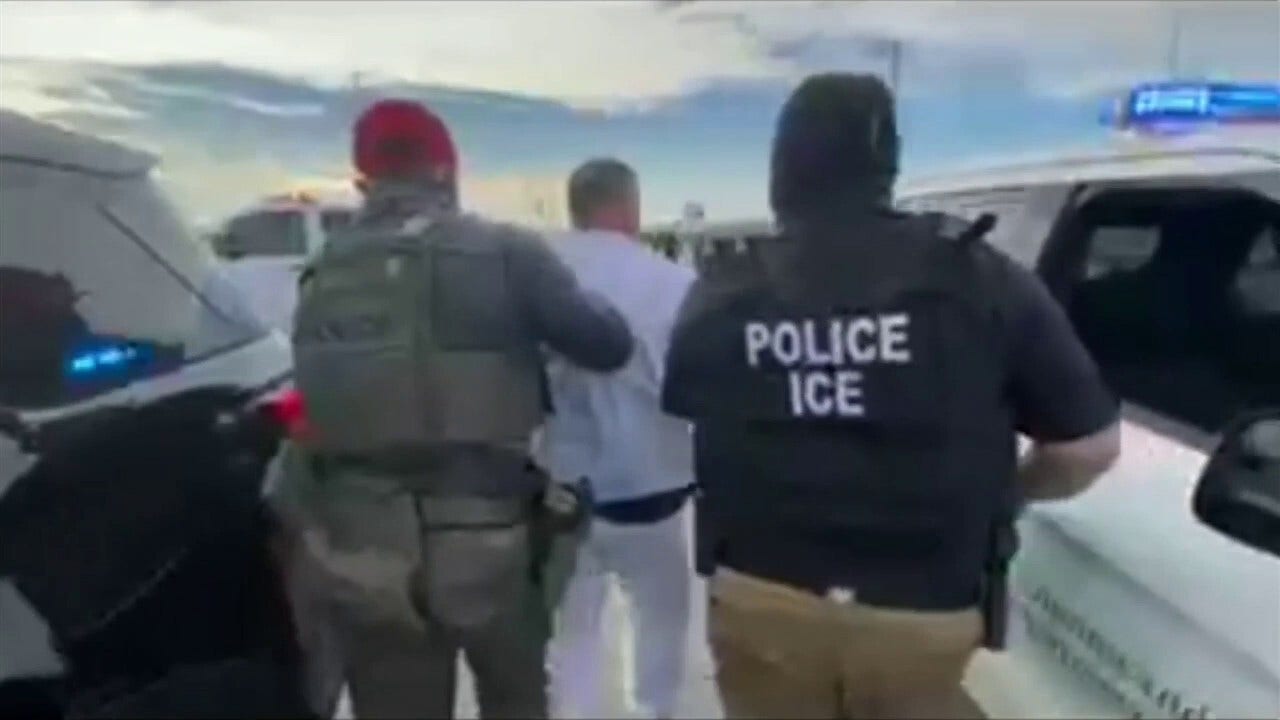

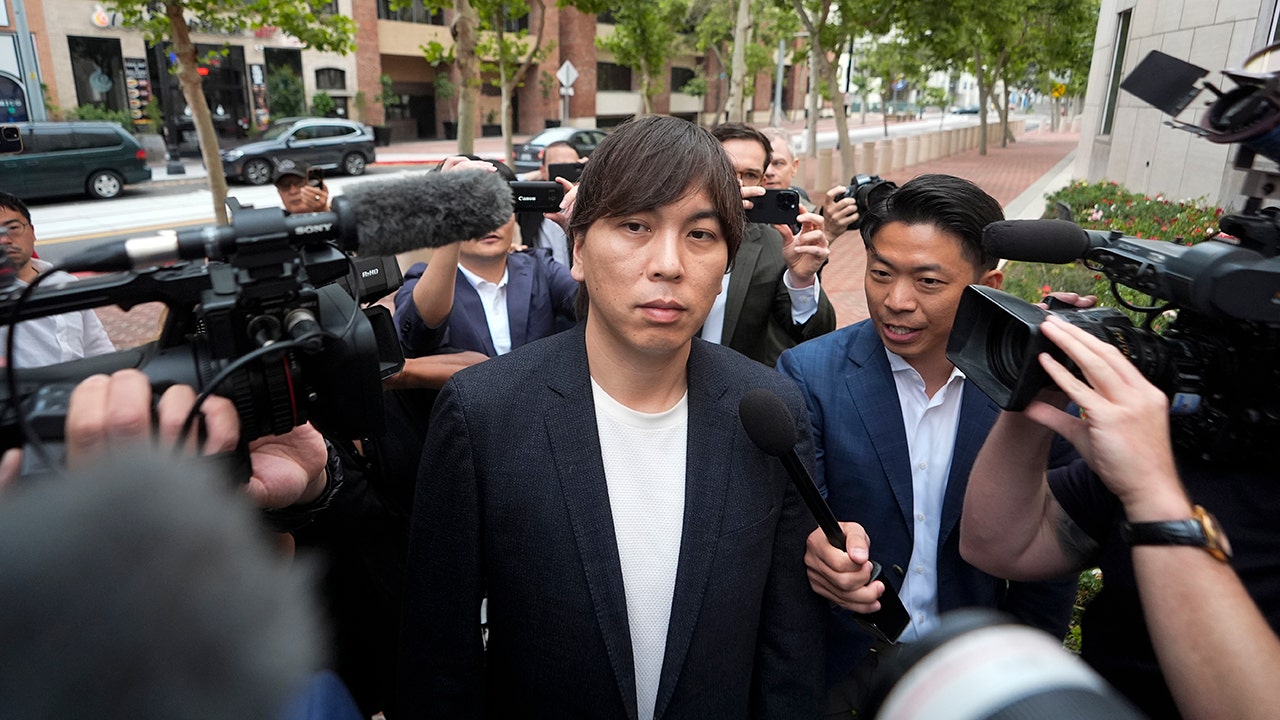


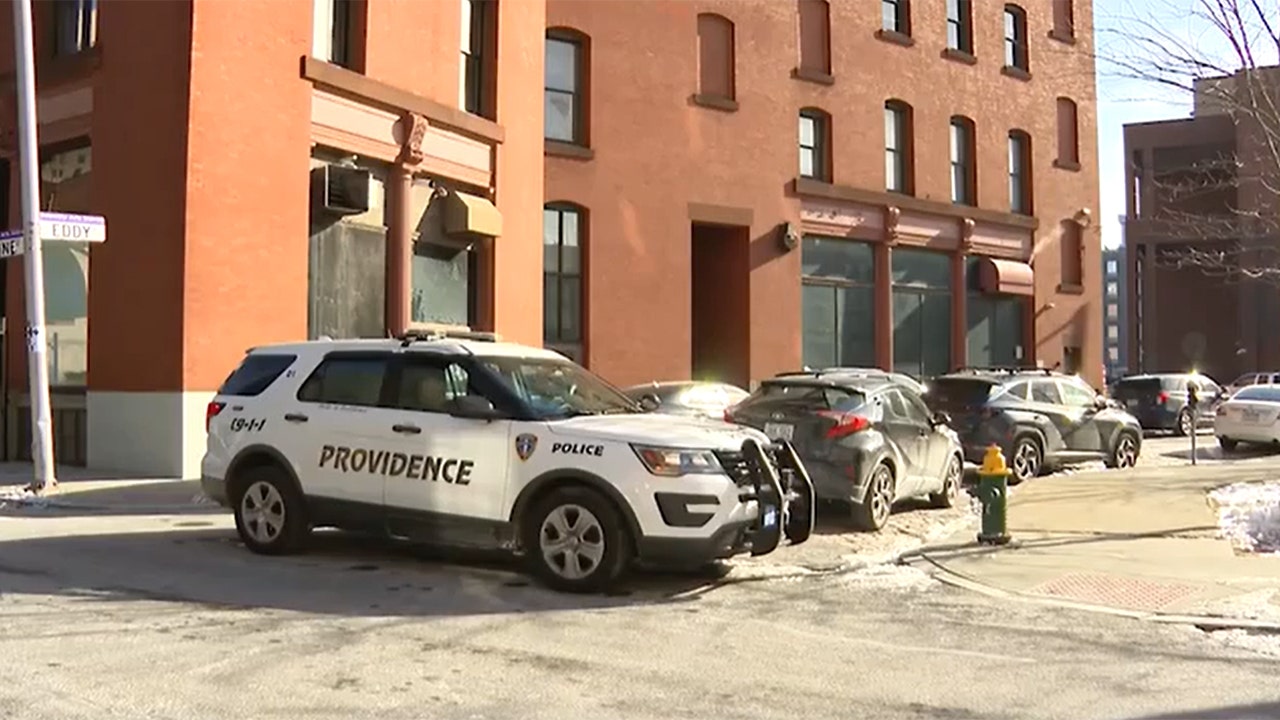
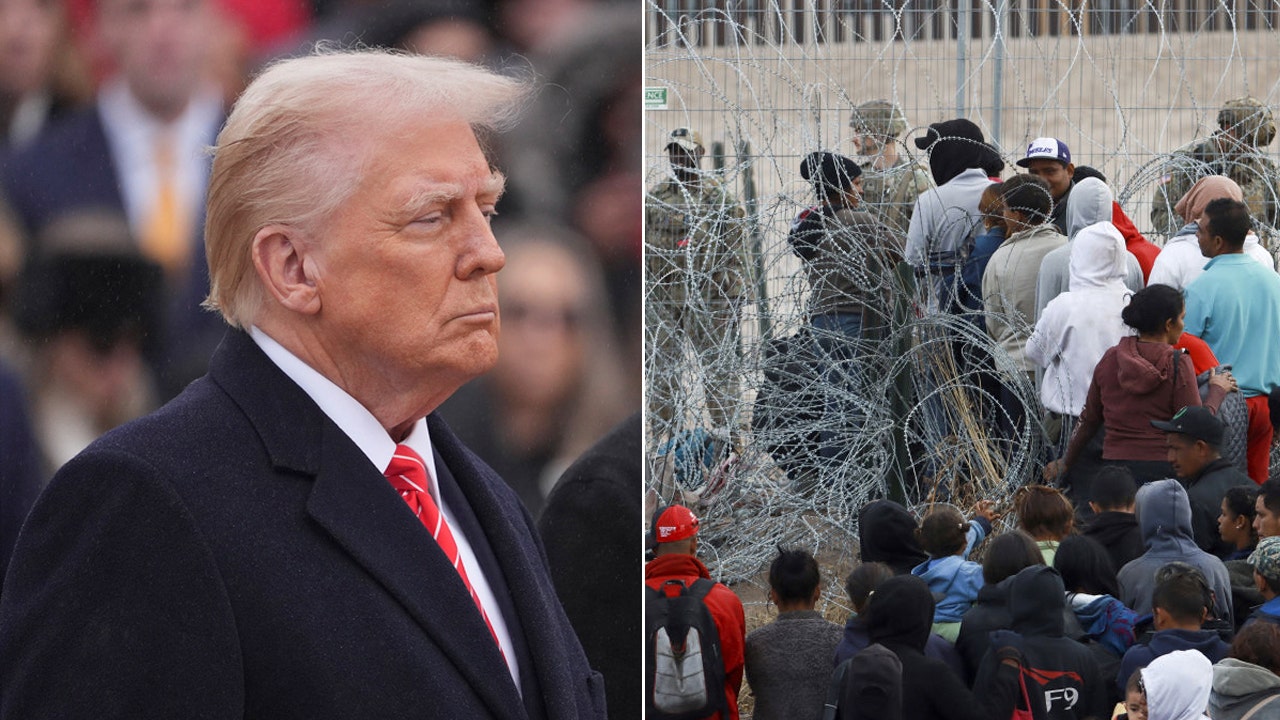





.png)

.png)
.png)
.png)













 English (US) ·
English (US) ·  Hindi (IN) ·
Hindi (IN) ·